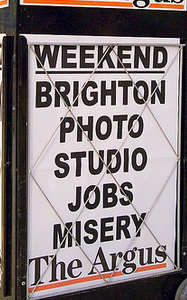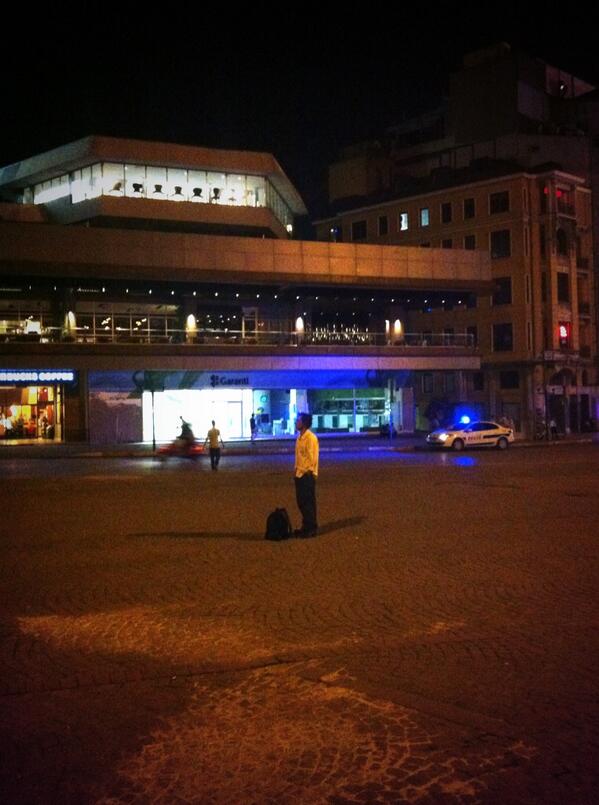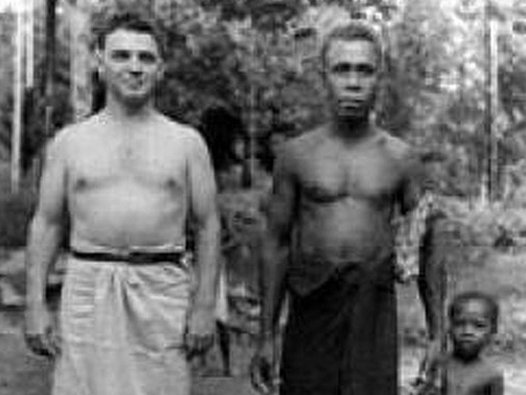Ask Language Log: Long 'i' and 'a' before 'll'
From Dick Margulis:
The first editor of the Encyclopædia Britannica, a Scot named William Smellie, was a distant relative to my wife, whose surname is Smillie, pronounced smiley (the spelling was changed at some point to avoid bad jokes, apparently). I believe William pronounced it smiley as well. John W. Willey (pronounced wily) was the first mayor of Cleveland (the brand new restaurant where my son is a sous chef is named The Willeyville because Willey bought a tract of land on the city's west side and named it that), and there are some towns in England named Willey, although I don't know that they share the same pronunciation. And a shibboleth here in New Haven is the pronunciation of Whalley Avenue, named for the English regicide Edward Whalley and pronounced whale-y, although Our Lady of the Google Navigator, who is Not From Around Here, rhymes it with alley.
I can't blame people who think my wife's name rhymes with Millie or the restaurant is the willie-ville, nor those who have trouble with Whalley, because the way we were all taught to decode a double-ell is that it makes the preceding vowel what we non-linguists call short. But as I find myself at the confluence of these three examples of this unusual (I think) orthographical feature, I'm just curious what the history of it is, if anyone at Language Log Plaza happens to know.
Read the rest of this entry »
 Joe Manfre writes:
Joe Manfre writes:


